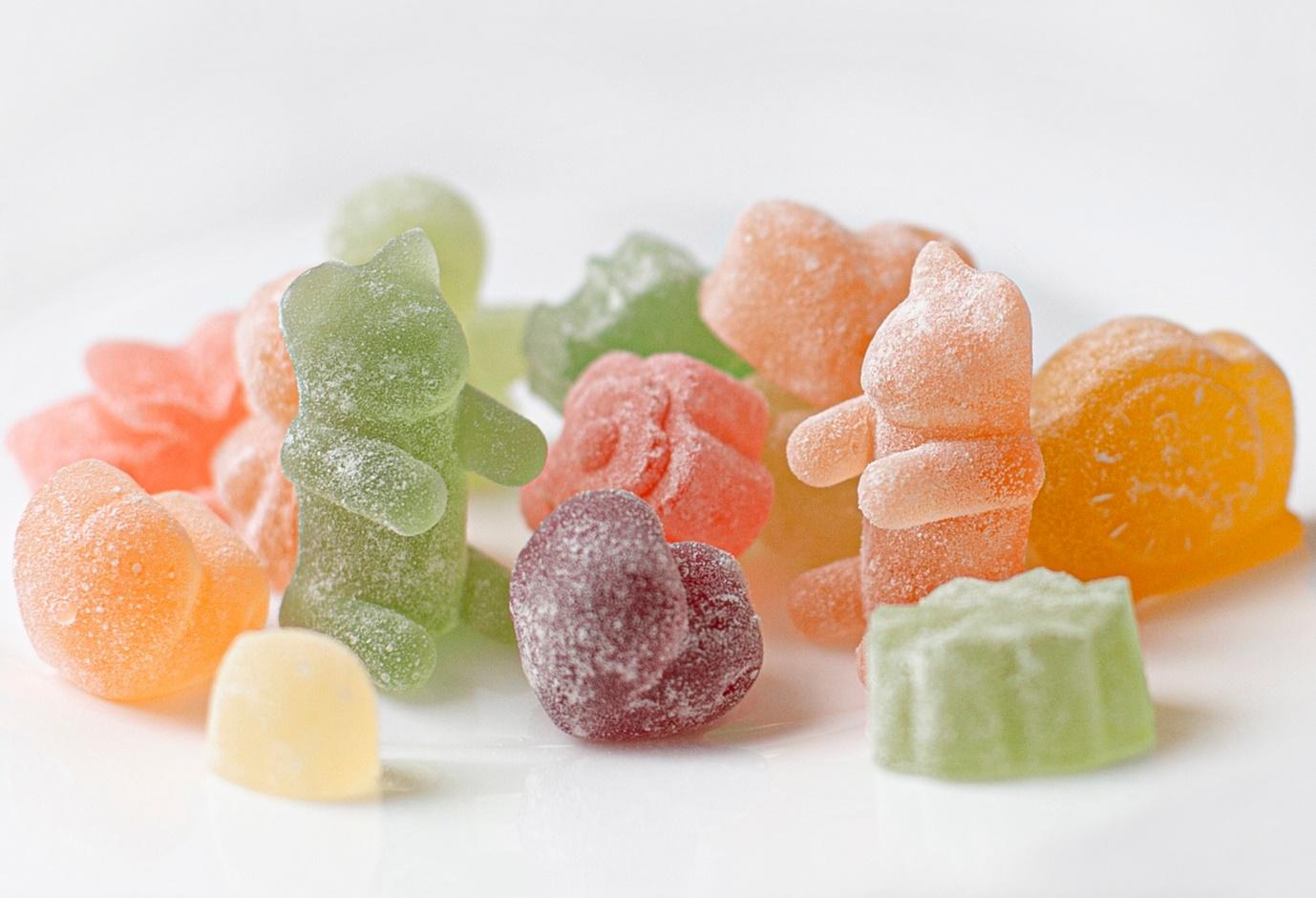When it comes to dietary choices, vegetarians often find themselves navigating through a labyrinth of ingredients. One such ingredient that raises eyebrows and stirs debates is gelatin. Is gelatin vegetarian? This seemingly innocent question opens the door to a complex world of food science, dietary preferences, and religious considerations. In this comprehensive guide, we will explore the origins of gelatin, its vegetarian status, and the halal aspect associated with it, shedding light on these intricate aspects for a clearer understanding. And learn is gelatin from turkey halal
Understanding Gelatin: An Unveiling Journey
What is Gelatin?
Gelatin is a protein obtained by boiling animal skin, tendons, ligaments, or bones, usually from cows or pigs, which are the most common sources. This extraction process involves hydrolysis, where collagen, the principal protein component, breaks down into a gel-like substance. The result is the versatile ingredient known as gelatin, widely used in the food industry for its gelling properties.
Is Gelatin Vegetarian?
The answer to whether gelatin is vegetarian is a resounding no. Given its animal-derived origins, it contradicts the vegetarian ethos. Vegetarians, who abstain from meat and meat-related products, conscientiously avoid gelatin due to its animal-based composition.
The Halal Perspective: Is Gelatin from Turkey consumable?
Understanding Halal
In Islamic dietary laws, halal refers to what is permissible or lawful in traditional Arabic. Halal foods are prepared following Islamic dietary guidelines. Muslims adhere to these rules, ensuring their food and beverages align with their religious beliefs.
Is Gelatin from Turkey Halal?
The halal status of gelatin often raises questions. Gelatin derived from animals that were slaughtered according to halal standards is considered halal. When it comes to turkey-derived gelatin, it is essential to ensure that the turkey was slaughtered in a halal manner, adhering to the principles of Islamic law. This meticulous process involves a specific method of slaughter, making the meat and its by-products permissible for consumption, including gelatin.
Navigating Gelatin in Your Diet: Alternatives and Considerations
Gelatin Alternatives
For vegetarians and individuals who avoid animal-based products, there are gelatin alternatives available. Agar-agar, a substance derived from seaweed, is a popular vegetarian gelatin substitute. Pectin, derived from fruits, and carrageenan, extracted from red seaweed, also serve as viable alternatives, offering similar gelling properties without compromising dietary preferences.
Reading Labels and Making Informed Choices
To avoid gelatin, it is crucial to be vigilant while reading food labels. Manufacturers are increasingly aware of dietary preferences and often provide detailed information about the source of gelatin used in their products. Opting for products labeled as “vegetarian-friendly” or “gelatin-free” ensures a gelatin-free choice.
Conclusion: Making Informed Decisions
In the quest for a conscious and respectful approach to dietary choices, understanding the origins of ingredients like gelatin becomes paramount. For vegetarians, avoiding gelatin is essential, considering its animal-based source. Moreover, for individuals adhering to halal dietary practices, ensuring that gelatin, especially sourced from turkey, is slaughtered following halal standards is crucial.
By remaining informed, reading labels, and exploring vegetarian alternatives, individuals can make choices that align with their values, whether rooted in ethical, religious, or health-related considerations. Making mindful decisions empowers us to navigate the intricate world of food ingredients, fostering a sense of connection between our beliefs and the choices we make on our plates.



